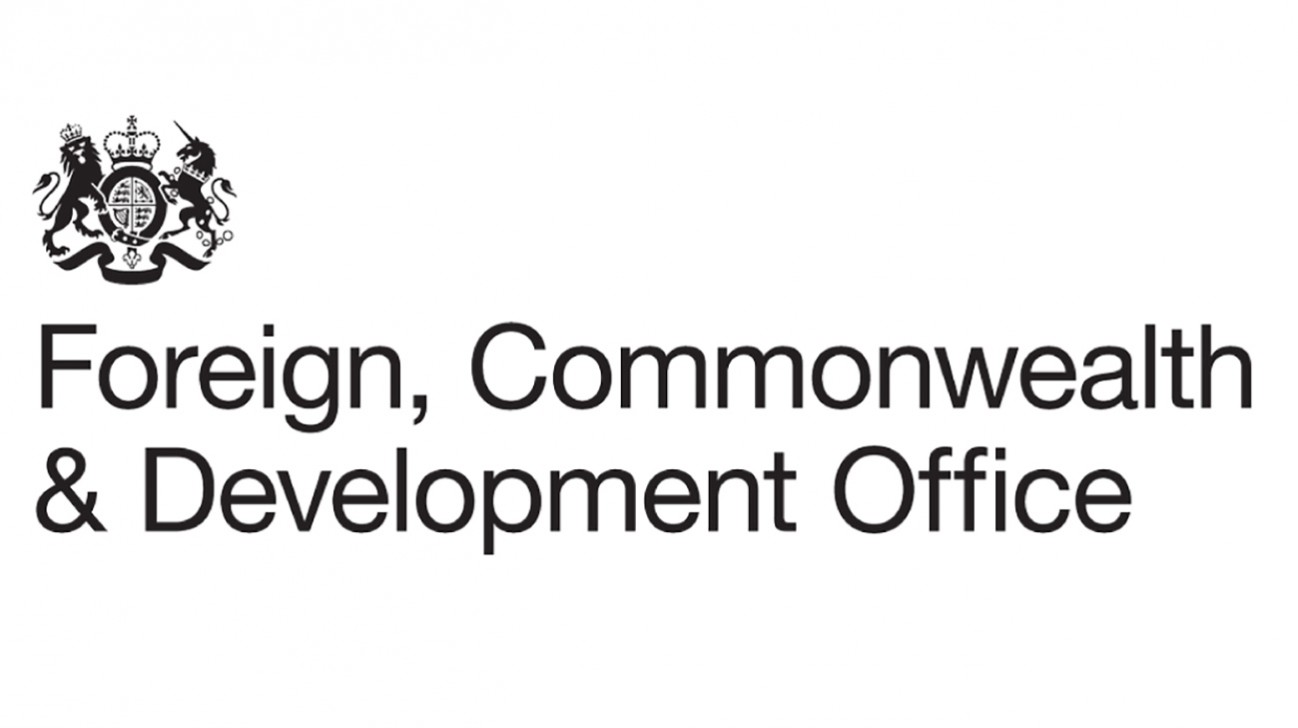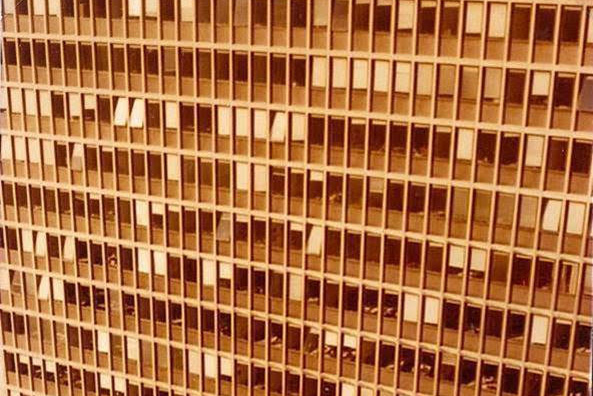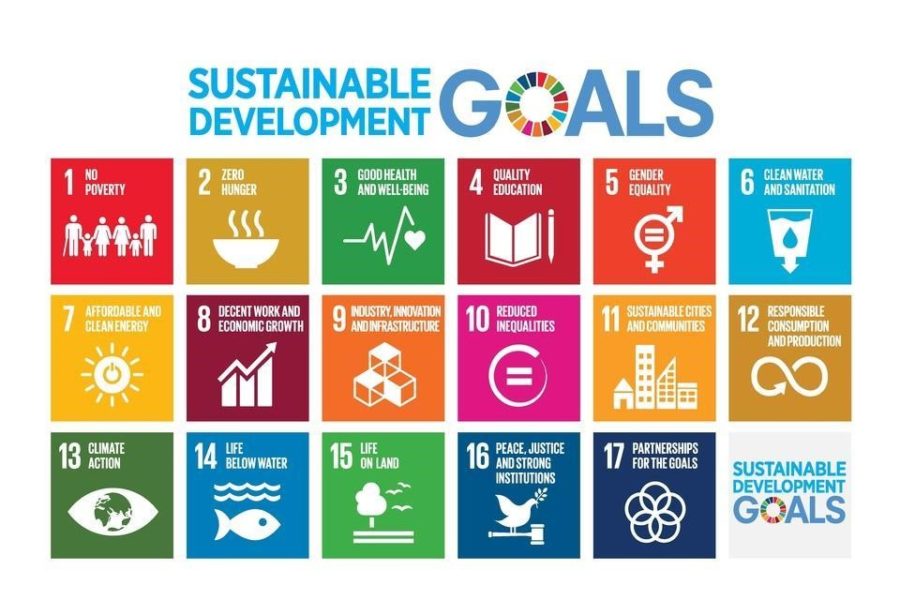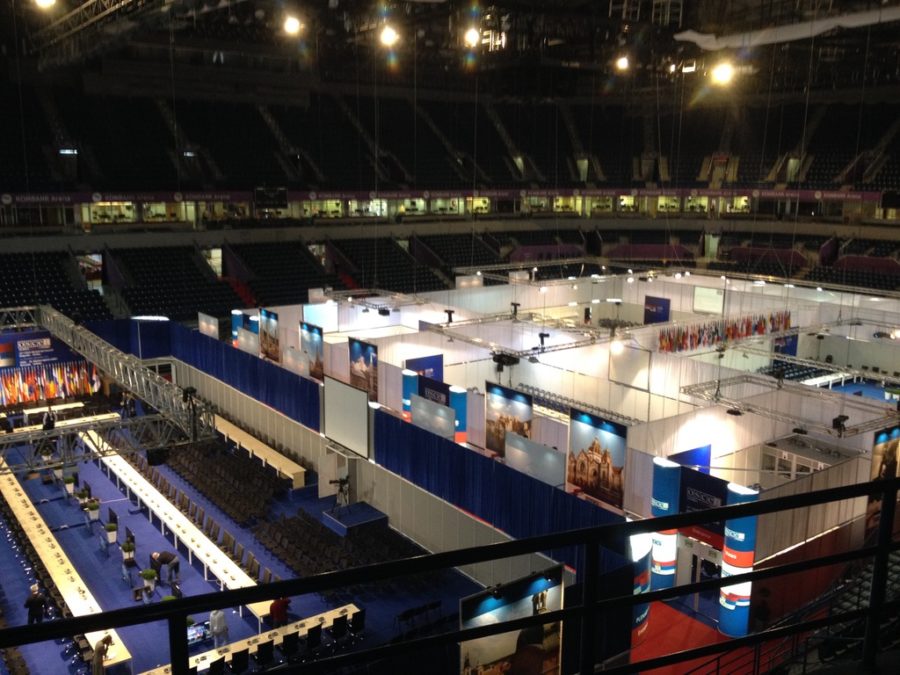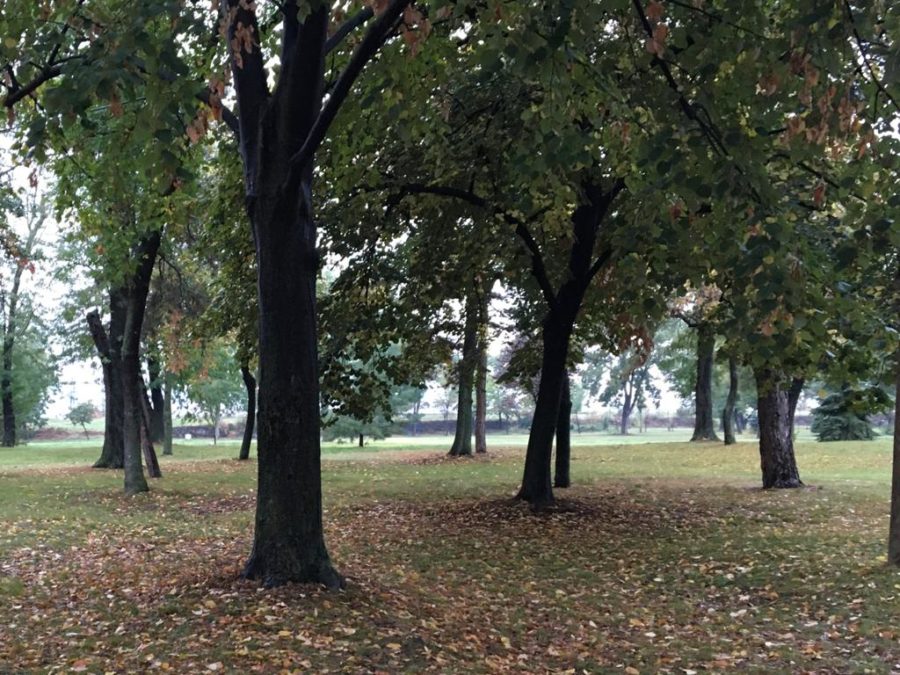Prioritising WPS in South Sudan – every asset counts
Skip to content Chris Trott
UK Ambassador to South Sudan
Part of UK in South Sudan
27th October 2020 Juba, South Sudan
Prioritising WPS in South Sudan – every asset countsThe WPS agenda has been a priority for British foreign policy since UNSCR 1325 was agreed 20 years ago. All those seeking to address conflict have been encouraged to find ways to support women’s engagement in finding solutions, both on principle as all voices need to be heard if a conflict is to be resolved fairly, and because research has shown that the peace is more likely to be sustainable if women help shape it, and are central to its implementation. Working in the field, for instance on the conflict in South Sudan, you don’t need academic research to tell you how important women’s voices are. Our partners on the ground know this themselves. But the challenge is to ensure that mediators recognise this, and shape negotiations to allow them to be heard.
HRH The Countess of Wessex meeting students funded through the..
Chevening: An all-inclusive approach to post graduate studies
Skip to content UK in Sri Lanka
Part of Chevening Conversations UK in Sri Lanka
27th October 2020 Colombo, Sri Lanka
Chevening: An all-inclusive approach to post graduate studiesAdilah Ismail Chevening Scholar 2017/2018 MA Critical Media and Cultural StudiesI have a post-it note pinned to my corkboard. It has the line “You seem to choose safe paths, avoiding any challenging, provoking arguments” scrawled on it. It’s a comment by one of my university professors at SOAS on the first assignment I submitted as a postgraduate student and Chevening Scholar.
It’s not one of those feel-good, inspirational quotes that you’d pin on your wall but hear me out. When I first read the comment on my assignment, I immediately jotted it on a post-it and spent the rest of the academic year working to become bolder with my writing and thinking. The note is a reminder of the skills my postgraduate education gave me and the impact it had on my learning, writing and personal growth. It serves as a reminder ..
Diplomatic lessons 1: 1979-83
Skip to content Leigh Turner
Ambassador to Austria and UK Permanent Representative to the United Nations and other International Organisations in Vienna
Part of UK in Austria
23rd October 2020 Vienna, Austria
Diplomatic lessons 1: 1979-83 I’m delivering an online apprenticeship talk to staff in Vienna when someone asks me if I’ve thought of summarising everything I’ve learned in my 41-year career. ‘No,’ I say. They urge me to think again.
So here is the first of several blogs seeking to distil a few lessons. Comments welcome.
My first day in the civil service was 3 October 1979. I approached the doorman at No.2 Marsham Street, the long-since-demolished HQ of the since-much-reorganised Departments of the Environment and Transport (DOE), with foreboding.
‘You’ve come to the wrong building,’ the doorman said. ‘PMT is in Lambeth Bridge House.’
I trudged across Lambeth Bridge to a grim red 1940s office block – also since demolished – once described by architectural historian Nikolaus Pevsn..
The Foreign Office and the creation of the UN
Skip to content Dr Richard Smith
FCDO Principal Historian
Part of FCDO Historians UK at the UN
23rd October 2020 London, UK
The Foreign Office and the creation of the UNPub quiz question: where was the first meeting of the United Nations (UN) General Assembly held?
Answer: London, in the Methodist Central Hall on 10 January 1946.
London features heavily in early UN history. The Security Council met for the first time in Church House, Westminster, the following week. Church House was also the location for the UN Preparatory Commission, which convened in the autumn of 1945 to decide the administrative framework for the new organisation.
Foreign Office officials played a key role in planning and establishing the UN at the Dumbarton Oaks conference (August to October 1944), where the Big Four met to discuss setting up a new international body to replace the League of Nations. They played a similar role at the subsequent United Nations Conference on International Organization, which met in..
The UN at 75
Skip to content Matt Field
British Ambassador to Bosnia and Herzegovina
23rd October 2020 Sarajevo, Bosnia and Herzegovina
The UN at 75 Amongst many less pleasant events, 2020 also marks the much happier 75th year since the founding of the United Nations, and a series of commemorations is being held throughout the year. I congratulate UN Resident Coordinator in Bosnia and Herzegovina, Ingrid Macdonald, and all of the UN staff for their open-ended commitment to BiH’s citizens, around the three UN pillars of human rights, sustainable development and peace and security. Last month, UK Foreign Secretary Dominic Raab spoke of the UN’s origins, and an inception “rooted in optimism and a determination that ‘we, the peoples’ would create a better future for ourselves and our children”.
The United Kingdom is a firm friend and champion of the UN, and a leading supporter, through our budget contributions, as a permanent member of the Security Council, and as a country committed to spending 0.7% ..
Sir Mick Jagger and the Art of Negotiation
Skip to content Sian MacLeod
UK Ambassador to Serbia
Part of UK in Serbia
23rd October 2020 Belgrade, Serbia
Sir Mick Jagger and the Art of Negotiation Inside the Belgrade Arena, setting for the OSCE ministerial meeting in late 2014This week stories about negotiations have been prominent in the media both in the UK and in Serbia.
The history of diplomacy might also be called the history of negotiation. Negotiating is a way of life for diplomats. Whether you are working on a major arms control treaty, opening a new diplomatic mission or drafting a statement to be delivered on behalf of several countries, you are likely to be using your negotiating skills.
Every diplomat will begin a negotiation aiming to get everything that they want. But it would be a very rare negotiation indeed if everyone were to succeed in that aim. To quote Mick Jagger: you can’t always get what you want.
So it is also important to know what you need. In other words, and although you may not always make this publ..
Diplomatic Tours
Skip to content Sian MacLeod
UK Ambassador to Serbia
Part of UK in Serbia
16th October 2020 Belgrade, Serbia
Diplomatic Tours Temporary wartime British Legation (1914-1915) site in NišI arrived in Belgrade just over a year ago. But for over half of that time lives have been turned upside down by the coronavirus pandemic. For any newly arrived diplomat, that means that many of those first twelve months when you would be out and about starting to get to know your host country have been spent at home, probably learning how to use online technology.
For anxious months we have watched the coronavirus figures ebb and flow here as well as in our home countries. The current relative lull in the pandemic storm in Serbia has given Belgrade based diplomats the chance to venture out of the the city, with care and caution, to complete interrupted business and fulfil postponed promises to visit. It has been a bit like emerging from hibernation though without any certainty of how long the new freed..
From applicant, scholar to panellist: A nervous Chevening journey
Skip to content UK in Sri Lanka
Part of Chevening Conversations UK in Sri Lanka
15th October 2020 Colombo, Sri Lanka
From applicant, scholar to panellist: A nervous Chevening journeyNerves, nerves, and more nerves aptly describes my entire Chevening application experience. I was a bundle of nerves from the point of filling out the lengthy application online to that heart-racing moment I clicked open the acceptance email from the Chevening Secretariat. And this year – as I sat on the interview panel, grading the shortlisted candidates – I was reminded of how nerve-racking the whole experience was for me.
With this in mind, I felt it would be helpful to list out some advice to the 2021 applicants. I hope this helps you navigate the unavoidable anxiety, and outhustle those nerves so you don’t miss out on a brilliant opportunity to not only obtain a Master’s degree but also be part of the incredible Chevening journey.
The most basic yet crucial bit of advice I can share, is to not delay f..
More Women in Politics is a Must
Skip to content Aleksandra Cvetkovska
Program Director, NDI North Macedonia
Guest blogger for UK in North Macedonia
Part of UK in North Macedonia
15th October 2020 Skopje, North Macedonia
More Women in Politics is a Must In North Macedonia, we have fought the fight of gender equality since the country’s independence, and even though a lot has been accomplished, we are still far away from achieving full gender parity and equal opportunities. When I was asked, by the British Embassy, to write a blog post on women in politics, I welcomed it as the daily work and efforts of women politicians should always be promoted and praised. Women politicians have brought about many positive changes to other women and to society, in general, but I feel that they are not being talked about enough.
Let’s start with a couple of words on women’s political participation in North Macedonia. At the moment, there are 38,3% women MPs in Parliament and 21% women ministers in Government. We have never had a wom..
Debating: today’s most important skill?
Skip to content Pauline Trepczyk
Climate Change Policy Officer, British Embassy Vienna
Guest blogger for Leigh Turner
Part of UK in Austria
15th October 2020 Vienna, Austria
Debating: today’s most important skill? On 29 September the British Embassy Vienna invited young people from all over Austria to join a Debate Workshop. Youth from Salzburg, Upper and Lower Austria, Carinthia as well as Vienna came together, separated by appropriate “baby elephants” (Austria’s 1.5m rule) to practice their skills.
Trainers from Debattierklub Vienna, Joy Edobor and Miri Muntean, introduced the participants to the world of debating, specifically the rules of British parliamentary debates. Nerys Jones, British Deputy Head of Mission and Guiseppe Abignente, Deputy Ambassador from the Italian Embassy Vienna, opened the workshop.
Debating is a big part of British culture. Debating societies emerged in London as early as the 18th Century and have been a staple ever since. Topics ranged from current events..





